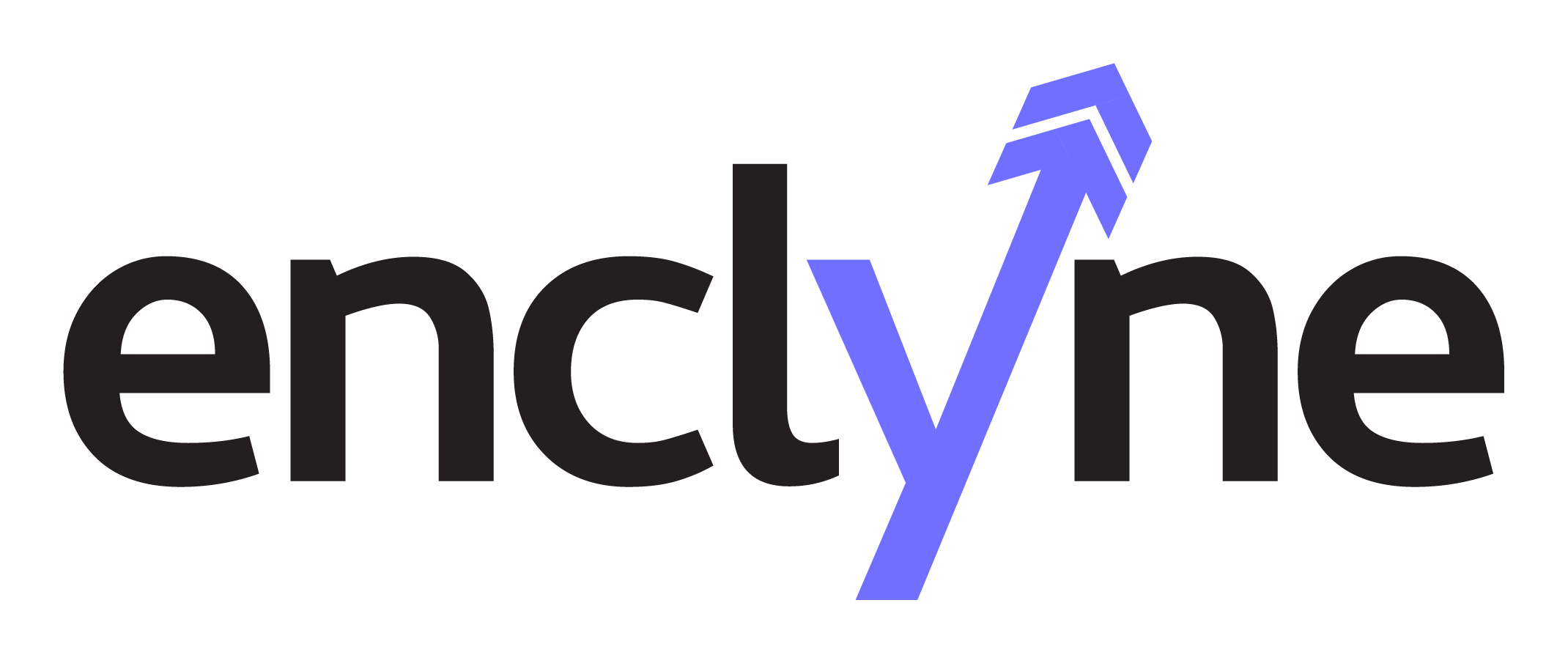Google Workspace to Microsoft 365
Have you been tasked with migrating your Google Workspace organization to Microsoft 365? A quick search will produce dozens of tools and guidance to get you started. Unfortunately, migrating deeply-entrenched collaborative environments like Google Workspace is often not an easy task, and even well-seasoned admins find themselves caught off guard mid-migration when they trust the marketing. Let our team guide your migration to Microsoft!



5 Hidden Considerations of Google Workspace to Microsoft 365 Migration
Learn more on our blog
1
Collaborative Drive Permissions
Lots of tools will market their ability to migrate Google Drive and Google Shared Drive permissions. The vendor may make documentation available before you buy, and they may promise 24-hour support. This is all well and good, but are you willing to put your career on the line without a test drive? I wouldn’t! I highly recommend blocking out your day, putting on a pot of coffee, and performing a deep-dive into any migration tool you plan on using for document migration.
2
Domain Aliases
Google Workspace has the concept of Domain Aliases and Microsoft 365 does not. If you are utilizing Domain Aliases at Google and those alias email addresses are important to you, you will have to manually add all those alias email addresses to each migrated mailbox and group. For organizations that utilize multiple Domain Aliases this can quickly add up to thousands of alias email addresses, so get ready to break out Excel and brush up on remote PowerShell to import them into Exchange Online.
3
Group Settings and Posts
Google pioneered the concept of the collaborative group. Microsoft was quick to copy the concept, releasing Unified Groups (a.k.a. Microsoft 365 Groups) as a platform for Microsoft Teams. Unfortunately, the two platforms are built differently enough that an intimate understanding of both environments (and a creative interpretation of several permissions) will be required to map Google Group settings to Unified Groups/Teams.
4
Forms
As of the writing of this article there is simply no migration path from Google Forms to Microsoft Forms. The raw data can of course be exported/imported in multiple formats, but the web forms used by end-users to submit data cannot be migrated. If Google Forms are mission-critical, get ahead of this and start rebuilding them as Microsoft Forms in advance.
5
Third Party Integrations
SaaS solutions like Google Workspace and Microsoft 365 provide organizations with scalable and economical software suites for enhancing the productivity of end-users. Once a productivity suite has been deployed, the natural next step is to seamlessly add third-party apps and protocols into the mix. Migrating these integrations from Google Workspace to Microsoft 365 may not be as easy.
Migration Source and Destination

Seamless Cutover Migration of Mailboxes to Exchange Online
- User mailboxes
- Attachments
- Labels
- Contacts
- Calendars
- Secondary calendars
- Delegations and permissions
- Resources
- Tasks, task attachments
- Notes
- Archives (Google Vault)
- Distribution lists
- Folders
- Delegations and permissions
- Rooms and equipment
- Tasks
- Journal
- Notes
- Inbound rules
- Litigation hold folders
- Online archives
- Conversation history folder (of the related Outlook mailbox)
Convert File Formats to Microsoft 365 OneDrive for Business or SharePoint Online
- Files
- Folders
- Shared files
- Metadata
Migrate Conversation Content Including:
- Answers
- Attachments
- Metadata
- Group memberships
- Memberships roles
Secure your company environment in SharePoint Online
- Files
- Sites structures
- Menu
- Pages content
- Google Gadgets
- Webpages
- File cabinets
- List pages
- Permissions
- Metadata
Google Forms do not migrate. The forms need to be recreated in the Microsoft Tenant.
About Us
Enclyne formerly known as Strategic SaaS, is an experienced Microsoft partner. Enclyne helps companies transition core infrastructure, messages, and unified communications to the cloud. With hundreds of successful implementations and exceedingly satisfied clients, we have the knowledge and experience to guide customers throughout their transition to the cloud.
Contact Us
2407 South Congress Avenue, Suite E-623
Austin, Texas 78704
(512) 774.6267
Support
(512) 774.6267

